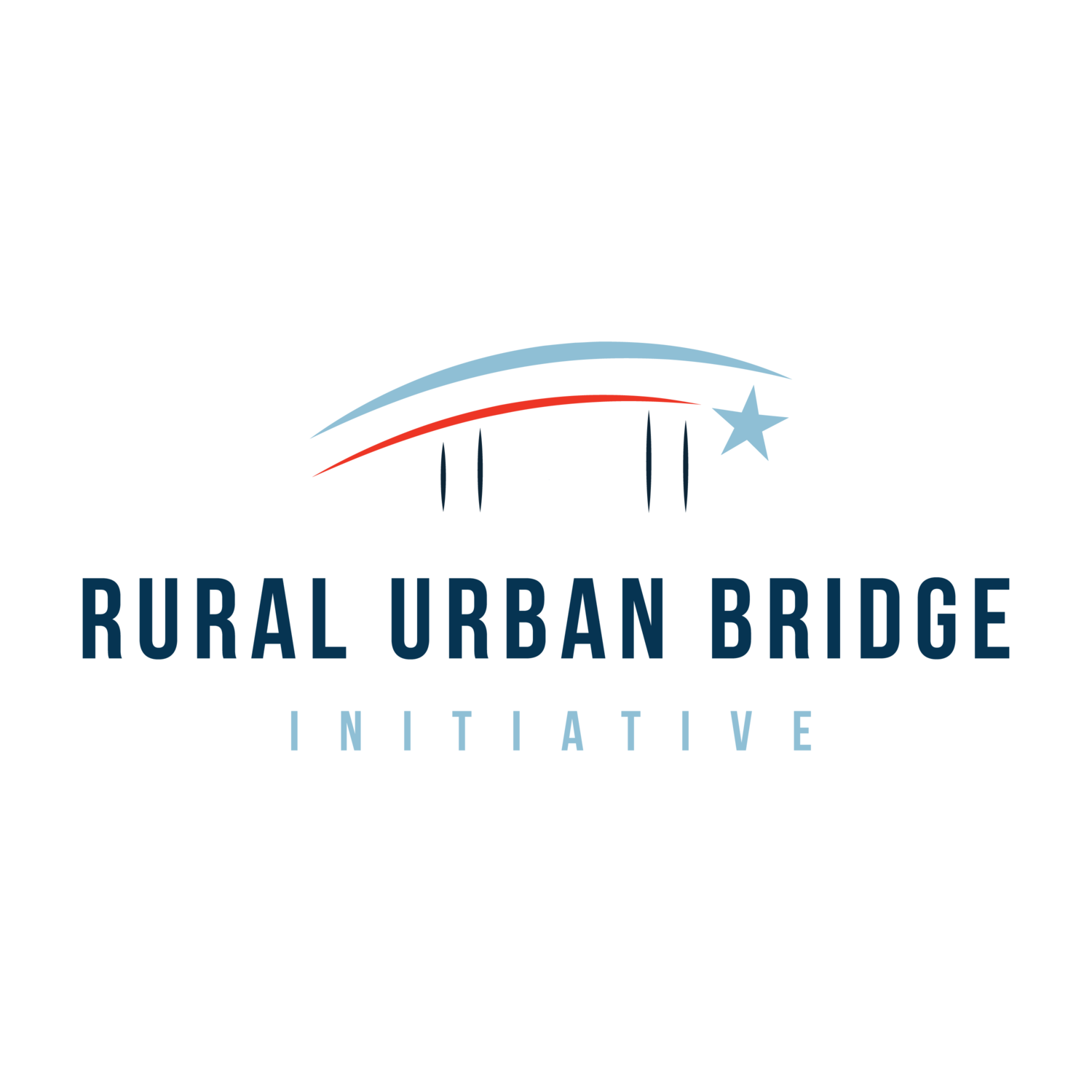Significant progressive economic policy wins since 2021
Most Americans want a president who will fight for workers, take on corporate domination, support Main Street over Wall Street and reduce the high cost of living. These are the kinds of changes advocated for in the Rural New Deal.
Relatively few people are aware of the many far-reaching actions the Biden Administration has taken to accomplish these policies.
“In every speech, in every action, he’s walked the talk about the commitment he made to workers before he took the oath of office. I think he’s been the most pro-union president in history.”
— Mary Kay Henry, President, Service Employees International Union
“The Biden Administration has done more than any in a generation to take on corporate monopolies. As a part of this effort, USDA has taken many critical steps to promote fair and competitive markets for family farmers and ranchers.”
— Rob Larew, President, National Farmers Union
Policies enacted to reduce the cost of living
• Drug Prices: Capped insulin costs at $35/month for seniors on Medicare and enabled Medicare to negotiate lower prescription drug prices, beginning with ten of the most commonly prescribed drugs for diabetes, heart disease, stroke and rheumatoid arthritis
Successfully negotiated with Big Pharma to dramatically cut the costs – by an average of 40% - 80% - of ten life-saving drugs for the 60 million people on Medicare, saving them about $1.5 billion annually. Price cuts will go into effect in 2026.
Reduced cost of inhalers from more than $500 to just $35 through DOJ and Congressional action against the four corporations that dominate the market
• Gasoline: Lowered prices at the gas pump from a peak national average of $5/gallon to an average of $3.40/gallon through releases of petroleum reserves and pushing oil companies to stop price gouging
Actions taken to further reduce the cost of living
• Childcare: Limited childcare costs to no more than 7% of family income for approximately 100,000 children whose families receive subsidies for childcare
• Consumer goods: Cracking down on hidden “junk fees” (proposed FTC rule) in rental housing, food deliveries, ticket sales, car rental and many other consumer goods and services
• Groceries: Launched a bi-partisan attack on price gouging in the food industry, joined by more than 30 State Attorneys General
• Student debt: In spite of a Supreme Court ruling overturning the President’s attempts at reducing student debt, the Administration has forgiven about $167 billion of college and community college debt for nearly 4 million borrowers, including lower-income and working class borrowers, as well as firefighters, teachers, nurses and other public service workers
Reducing the power of monopolies/supporting small businesses
Challenging mergers in multiple industries to reduce consumer prices and make other, smaller businesses more competitive:
• Supermarkets: The Federal Trade Commission has sued to block the merger of Kroger and Albertsons, citing likely higher prices, lost wages for workers and other costs
• Pharma: Action against Teva Pharmaceuticals, Glenmark Pharmaceuticals and five other drug makers resulted in $680 million in fines for price fixing and unfair competition
• Airlines: Jet Blue abandons merger with Spirit Airlines after court agrees with DOJ argument that the merger would result in higher prices for consumers
• Big tech: Blocked Google’s acquisition of Epic Games; forced software-developer Adobe to withdraw its $20 billion purchase of Figma, a major competitor. The Biden Administration now has anti-trust suits underway against Meta, Google, Apple and Amazon.
• Shipping & supply chains: As a result of a challenge by the Department of Justice, China International Marine Containers & Maersk abandoned a planned $1 billion merger
• Publishing: The $2.2 billion merger of Penguin & Simon Schuster was blocked, preventing further consolidation in the publishing industry
Reducing corporate power with stronger antitrust laws
• Farmers: Beginning to level the playing field for contract farmers vs Tyson and other Big Ag conglomerates through changes to Packers and Stockyards Act requiring more transparency and encouraging state-level challenges to mergers (Note: These are very modest changes that must be followed by other rule changes to protect farmers)
• Small businesses: Protecting workers, small businesses and family farmers through stronger antitrust rules and expanded enforcement, as originally intended by Congress
• Doctors and health care: Initiated steps to investigate and curtail private equity companies’ purchase of nursing homes, home care businesses, physicians’ practices and other small health care entities, a buying spree that totaled more than $750 billion over the past decade
Leveling the playing field for workers and unions
Two critical rules changes adopted by the National Labor Relations Board in August, 2023 will make it much easier for workers to organize unions without intimidation, firings and delay tactics:
• Union Elections: Companies must hold elections promptly when workers show interest in a union. Long delays will no longer be tolerated
• Unfair Labor practices: During the run-up to a union certification election, if a company engages in unfair labor practices, the union will automatically be recognized
Supporting businesses and family farmers
• $50 million of support for under-served small businesses, helping spur a record number of new small business applicants – more than 10 million – in 2021 and 2022
• Percent of Black households owning a business more than doubled between 2019 and 2022, while share of business-owning families increased by 9% overall
• Expanded microloan funding: Black-owned businesses received 35% of microloans from less than $50,000 to $87 million. Microloans are aimed at new and limited-resource entrepreneurs
• Supporting small farmers and access to healthy foods: One billion dollar investment in small- scale food processing infrastructure – a critical component of resilient food systems
• Committed $20 billion to American farmers to help implement water conservation, soil- building, climate smart farming practices through the inflation reduction act
